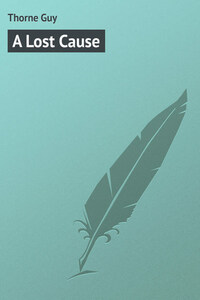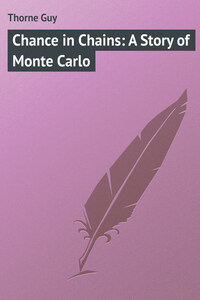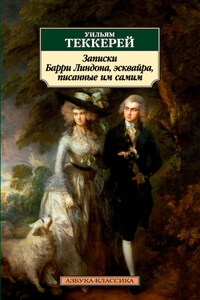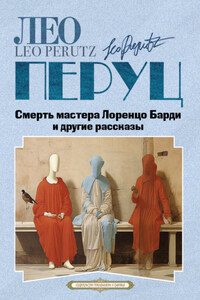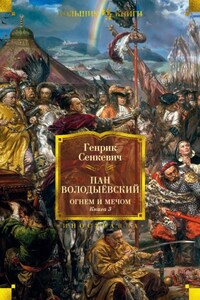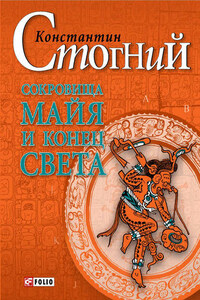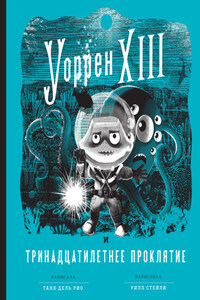PREFACE
A few words are necessary in preface to this story. After When It Was Dark made its appearance, the writer received a great number of letters from his readers, and up to the present moment he still continues to receive them.
Out of nearly two hundred communications, a large proportion are concerned not so much with the main issue of the tale, as with controversial matters in the Church of England arising from it.
The definitely Catholic1 tone of the first book aroused, as might be expected, vigorous protest, and no less vigorous commendation. The five or six Bishops – and many other dignitaries – who preached or lectured about the story avoided the controversial sides of it. But the writer has received innumerable letters from the clergy and others to the following effect.
It was pointed out to him that while the extreme "Protestant" party was constantly employing fiction as a method of propaganda, churchmen were almost unrepresented in this way. The Catholic Faith has been bitterly assailed over and over again in books which are well enough written, and have sufficient general interest to appeal to the man of the world, who is often indifferent to the points debated.
After considerable discussion, the writing of A Lost Cause was resolved upon. The author desires to thank those priests who have assisted him with their counsel and experience, and begs leave to explain here something of his aims in publishing the tale.
At no period in modern Church history has the Church been assailed with such malignance, slander, and untruth as at the present. "Protestantism" within the Church is a lost cause, it is dying, and for just this reason the clamour is loudest, the misrepresentation more furious and envenomed. Shrewd opportunists are taking their last chance of emerging from obscurity by an appeal to the ignorance of the general public on Church matters. Looking round us, we see dozens of uneducated and noisy nobodies who have elected themselves into a sort of irregular prelacy and dubbed themselves "Defenders of the Faith," with about as much right as Napoleon crowned himself emperor.
Church people do not take them very seriously. Their voices are like the cries of hedge-birds by the road, on which the stately procession of the Church is passing. But the man in the street is more attentive and he enjoys the colour and movement of iconoclasm. He believes also that the brawlers have right on their side.
But there is an inherent fairness in the man in the street, and, if this story reaches him, he will have his opportunity to hear the Catholic side of the argument.
The author begs to state that no single character in this tale is a "portrait" of any living person, or of any real person whatever. The imaginary folk are designed to be merely typical, their methods are analogous to much that is going on to-day under the pretences of patriotism and love for religious liberty, but that is all.
There will probably be the usual nonsense written, and the braves of "Protestantism" will give the usual war-whoops. Whether this is to be so or not, the author is profoundly indifferent.
He attacks those of the extreme "Protestants" whom he believes to be insincere and who rebel against the Truth for their own ends. He does not say or think that all "Protestants" – even the extremists – are insincere. He has endeavoured to point out that there is as much difference between the street-corner "Protestants" and the pious Evangelical Party within the Church as there is between Trinitarians and Unitarians.
The incident in the tale where the Archbishop of Canterbury compels a "Protestant" publicist to give up the Blessed Sacrament, which he has stolen from a church for purposes of propaganda, is founded on fact. It has not before been made public, except in a short letter to the Church Times a few months ago, which was written with the design of preparing Church readers for the detailed publication of such a painful incident. The facts, however, have been supplied to the writer to make such use of in the story as he thinks fit. The authors of this disgraceful profanation have, naturally, been silent on the matter. It is not an isolated instance. But it is not to be thought that the imaginary characters concerned in the affair in the story, are intended to represent, or do in any way, the real heroes of this great blow struck for "Protestant" truth.
Finally, the noisiest "Protestants" are hitting the Church as hard as they can. The author has endeavoured to hit back as hard as he can – of course, in that spirit of Christian love in which the "Protestants" themselves tell us these controversies are always conducted.
The brawlers have enjoyed an astonishing immunity hitherto, and it is only fair that battle should be joined now. And, however inadequate his forces and generalship, that is the writer's aim. He is, of course, a franc-tireur, but he fires his musket on the right side, and with a perfect assurance of the justice of his Cause.
